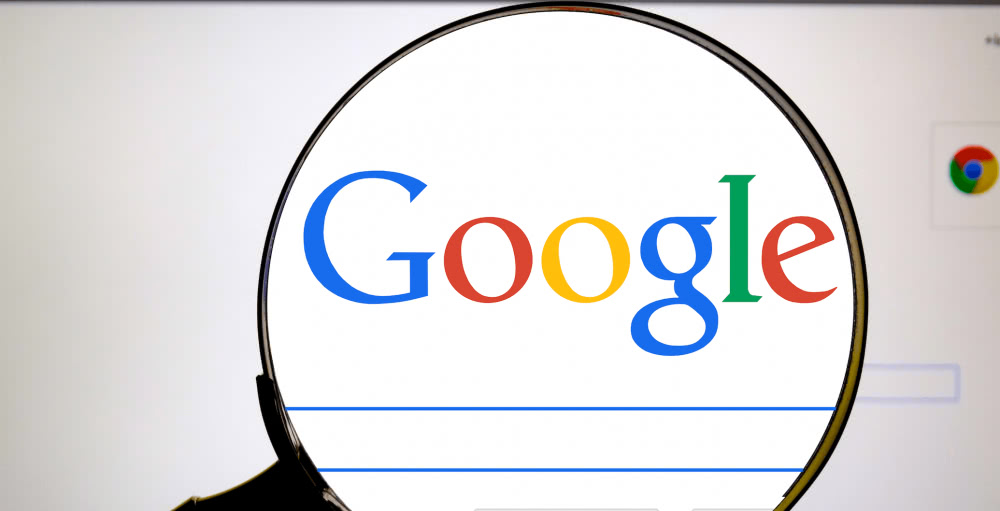EU agrees to update copyright rules, ‘fair remuneration’ awaits artists

After two years of exhaustive negotiations, lobbying and drafts, the European Union has agreed to update its copyright laws for the digital age, paving the way for artists to get a healthier cut of royalties from YouTube and other platforms.
Talks among the EU countries, the European Parliament and the European Commission reached a deal Wednesday with policy-makers approving the definitive text of the “Directive on Copyright in the Digital Single Market,” which will have major implications on how user-generated platforms like YouTube and Facebook compensate content providers.
EU digital chief Andrus Ansip immediately declared the result a “major achievement for Europe” that brings “real benefits for everyone: guaranteed rights for users, fair remuneration for creators, clarity of rules for platforms.”

Google wants no part of sweeping copyright changes
The negotiations were “difficult, but what counts in the end is that we have a fair and balanced result that is fit for a digital Europe: the freedoms and rights enjoyed by internet users today will be enhanced, our creators will be better remunerated for their work, and the internet economy will have clearer rules for operating and thriving,” Ansip adds.
In one outcome from the agreement, YouTube, Instagram and other digital platforms will be required to install upload filters to block users from uploading copyright-protected content.
Tech companies, which had lobbied hard against the updated text, were cold on the outcome. “Copyright reform needs to benefit everyone – including European creators and consumers, small publishers and platforms … The details will matter,” reads a message from the official Google Twitter account.
The agreed text includes the directive’s two most controversial aspects, Article 11, which would require Google, Facebook and others to pay a license fee for quoting text when linking to news stories, and Article 13, which would force user-generated platforms to install filters to police copyright-infringing content.
Opponents of the directive, which include Wikipedia founder Jimmy Wales, claimed the changes would wind-back creativity and a free Internet. Some even warned the modernised directive would ring in the end of memes and remixes. When the European Parliament gathered last year for a so-called “once-in-a-generation vote” on copyright reforms, Impala, the Brussels-based independent music companies’ umbrella body, warned of a “cynical campaign” from tech companies “flooding the inboxes of MEPs with scaremongering that the copyright directive would be the end of the Internet.”
The EU’s member states and the European Parliament still need to formally approve the deal, but this is expected to be a formality after Wednesday’s breakthrough.
This article originally appeared on The Industry Observer, which is now part of The Music Network.






























